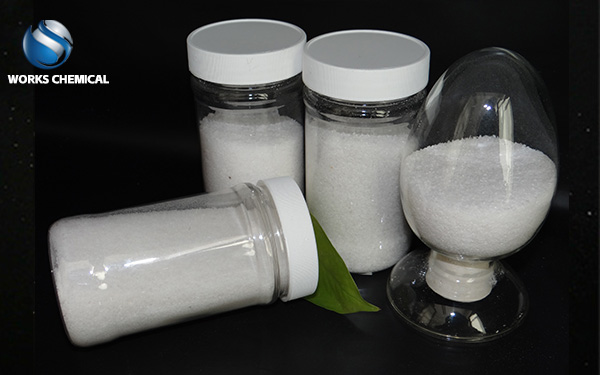
Comparison of the effect of sludge dehydrating agents:

Sludge dehydrating agent plays a vital role in sludge treatment, and different dehydrating agents have their advantages and disadvantages in effect. The following is a comparison of several common sludge dewatering agents and their effects:
Sludge dehydrating agent: This dehydrating agent can change the surface structure of the sludge, reduce the solid surface load and specific surface area of the sludge, and destroy the bacterial structure, so as to achieve efficient dewatering effect. Its main components include inorganic compounds, sludge surface structure modifier, degreaser, wall breaking agent, etc., which can significantly reduce the moisture content of sludge, reduce the filter cloth replacement frequency, and save operating costs.
cationic polyacrylamide : cationic polyacrylamide is a common sludge dehydrating agent, which is suitable for sludge treatment in municipal and industrial sewage. It can efficiently treat hydrophilic colloidal sludge with small amount but high dewatering efficiency, which helps to realize solid-liquid separation and reduce sludge moisture content.
traditional sludge dehydrating agent : Although the traditional sludge dehydrating agent such as polyacrylamide, polyaluminum chloride, lime, etc., can reduce the moisture content of the sludge, the effect is limited, and the water content of the treated sludge is usually more than 70%-80%. These traditional agents are used in large quantities and have a certain corrosive effect on equipment.
New sludge conditioner : New sludge conditioners, such as the sludge synergist independently developed and produced by Works Chemical, can change the surface properties of the sludge, reduce specific resistance, achieve rapid and sustained dehydration, significantly reduce the sludge moisture content, reduce the filter cake volume increment, and do not corrode the equipment, which is beneficial for subsequent treatment.
In summary, the new sludge dehydrating agent is usually superior to the traditional agent in effect, and can achieve more efficient dehydration effect and lower water content, while reducing the cost of corrosion and subsequent treatment of equipment. The selection of the appropriate dehydrating agent needs to be determined according to the specific sludge characteristics and treatment needs.